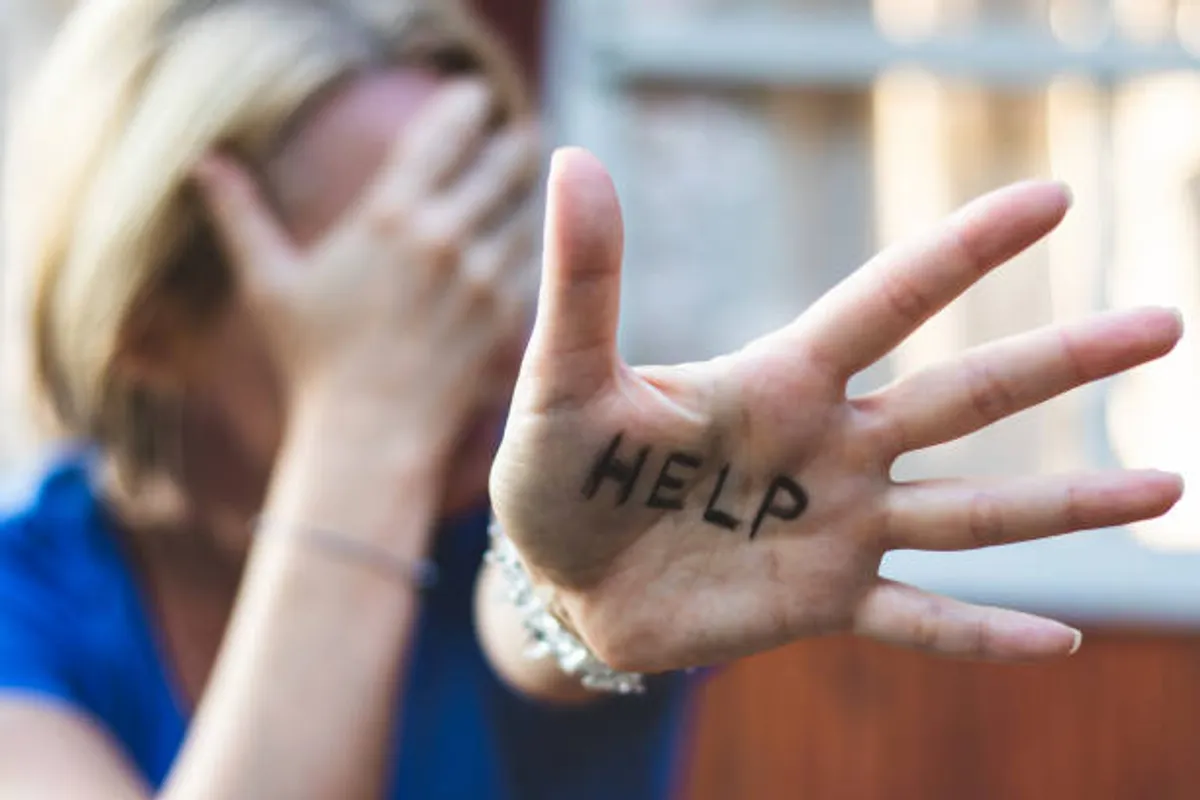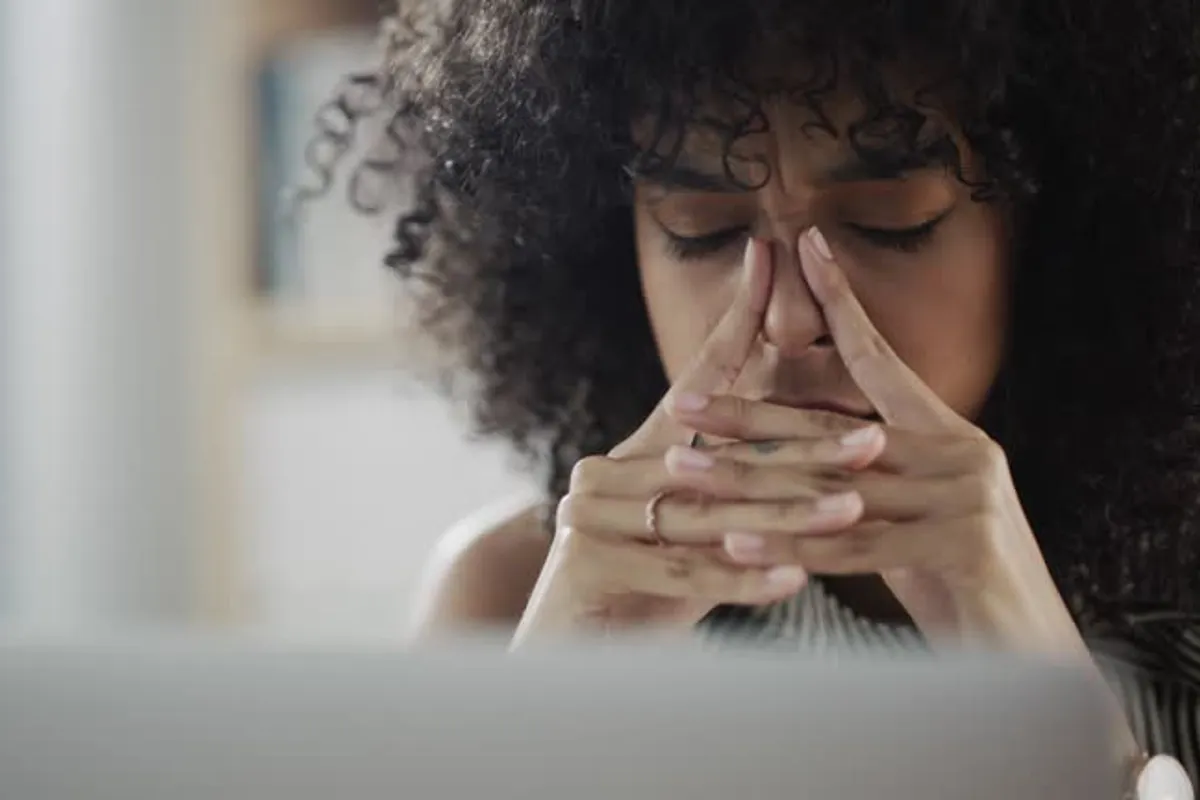
Depression Symptoms and How to Cope Effectively

GeokHub
Contributing Writer
Depression is one of the most common mental health challenges worldwide, affecting millions of people across all ages and backgrounds. While occasional feelings of sadness are part of life, depression is more than that — it is a prolonged condition that can impact daily activities, relationships, and overall wellness. Recognizing the symptoms early and learning how to cope effectively can make a significant difference in recovery.
Recognizing the Symptoms of Depression
Depression manifests differently for each individual, but several signs are commonly reported. Mental health experts highlight these key symptoms:
- Persistent sadness or emptiness lasting for weeks or months.
- Loss of interest in activities once enjoyed, such as hobbies or social interactions.
- Changes in appetite or weight, either an increase or decrease.
- Sleep disturbances, including insomnia or excessive sleeping.
- Low energy or fatigue, even after adequate rest.
- Difficulty concentrating or making decisions.
- Feelings of guilt, hopelessness, or worthlessness.
- Physical symptoms such as headaches, stomach issues, or unexplained aches.
- Thoughts of self-harm or suicide in severe cases.
These symptoms, when persistent, may indicate clinical depression and should not be ignored.
Coping Strategies That Can Help
1. Seek Professional Support
Speaking with a therapist, counselor, or psychiatrist is one of the most effective ways to manage depression. Professionals can provide treatment options such as talk therapy, cognitive behavioral therapy (CBT), or medication when necessary.
2. Build a Support Network
Isolation can worsen depression. Reaching out to family, friends, or support groups can create a sense of connection and reduce feelings of loneliness.
3. Stay Physically Active
Exercise has been shown to release endorphins, natural chemicals in the brain that improve mood. Even simple activities such as walking, stretching, or yoga can make a difference.
4. Maintain Healthy Habits
Balanced nutrition, good sleep hygiene, and limited alcohol or substance use all play a role in stabilizing mental health.
5. Practice Mindfulness and Relaxation
Meditation, breathing exercises, or journaling can help individuals stay present and reduce negative thought patterns.
6. Set Small, Achievable Goals
Breaking tasks into smaller steps can prevent feelings of being overwhelmed and help rebuild a sense of accomplishment.
When to Seek Urgent Help
If depression leads to thoughts of self-harm or suicide, immediate help is necessary. Calling emergency services or reaching out to a trusted crisis hotline can provide life-saving support.
Final Thought
Depression is a serious but treatable condition. By recognizing the symptoms early and adopting effective coping strategies, individuals can take important steps toward healing. Seeking professional help and maintaining strong support systems are key to navigating the journey toward recovery and improved wellness.








